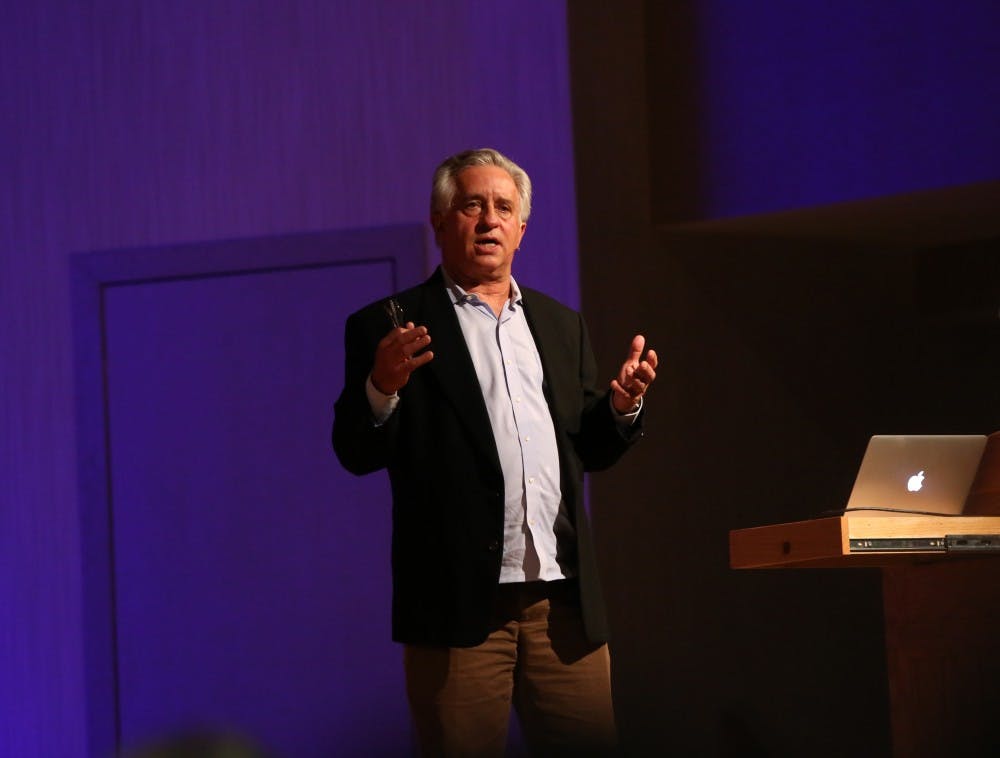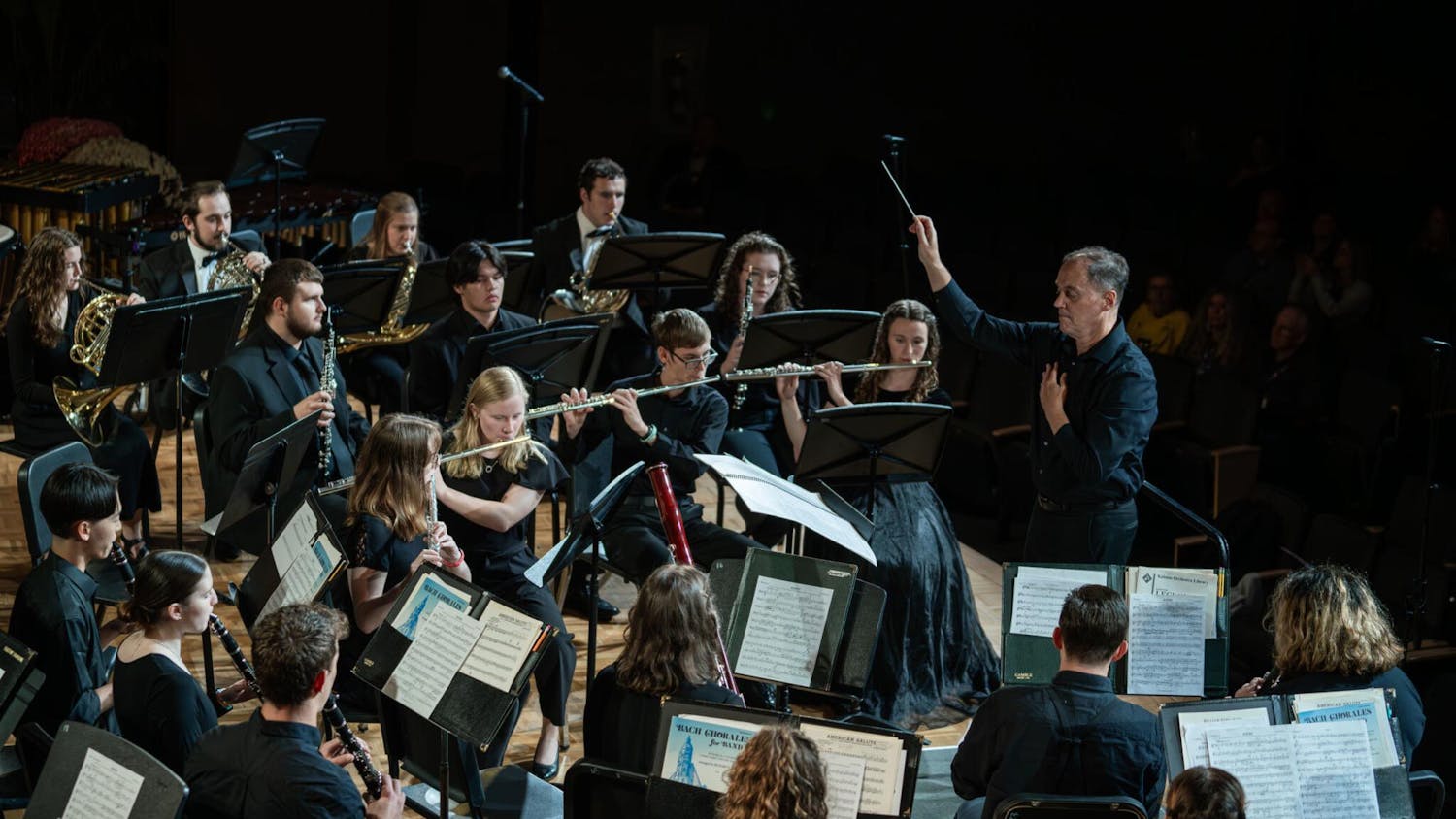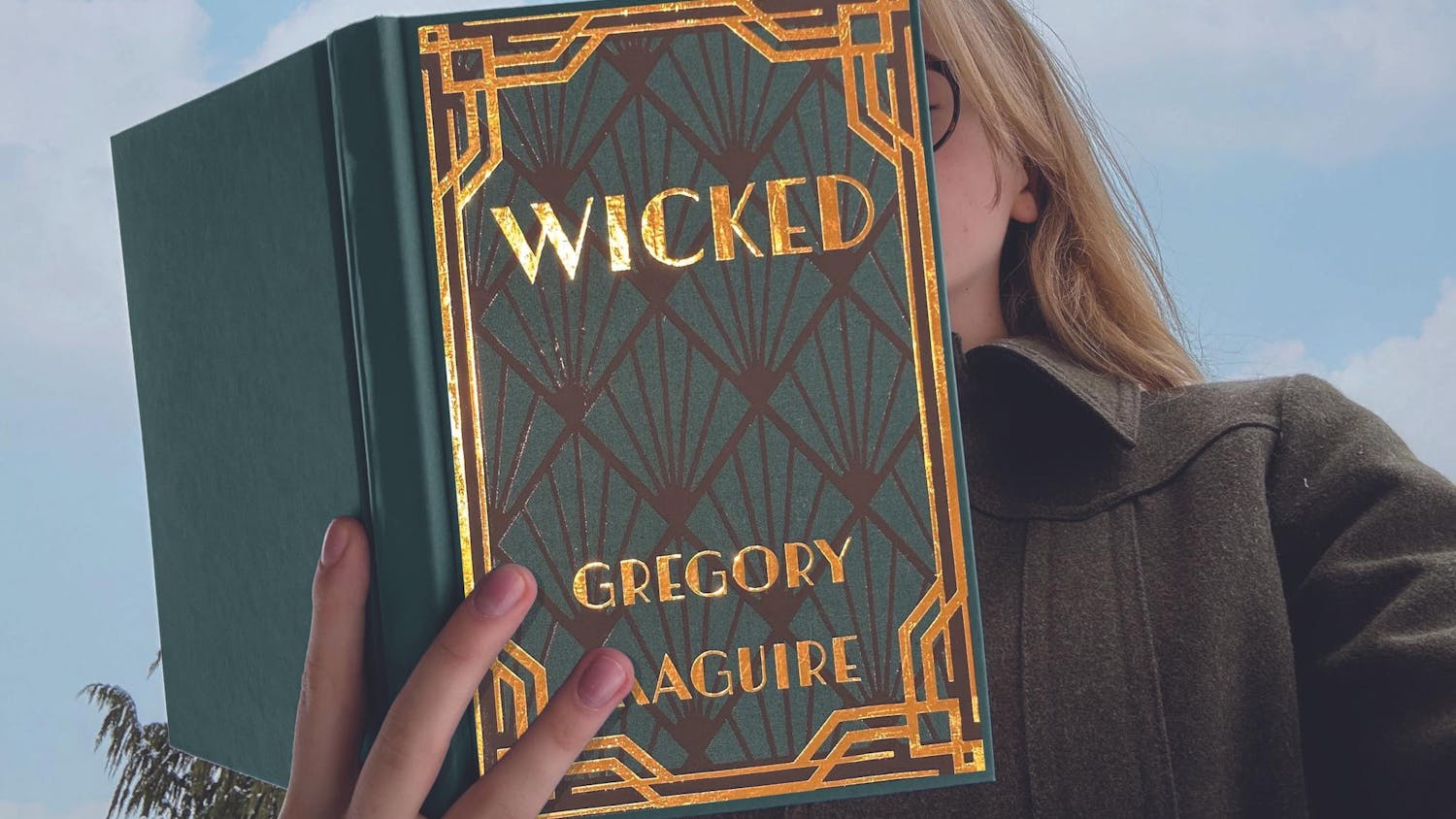By Rylie Harrison | Echo
From small-town Massachusetts to Ghana and Zimbabwe, James Ault gives a glimpse into Christian life and culture around the world through his films. Documentaries such as "African Christianity Rising" and "Born Again" shine light on the lives of groups which the majority of people may not understand.
Interestingly, when he began his adult journey, Ault did not set out to make films. He started out majoring in government at Harvard college. During this time, as the Vietnam War raged on, Ault found direction for his studies.
"I felt we Americans needed to better understand the local life and social life in less-developed countries, like Vietnam at the time," Ault said. "And right now in Afghanistan, Iraq, and Syria some of the same challenges show themselves."
After studying politics and culture in Zambia, Ault decided to pursue a doctorate in sociology from Brandeis University. The inspiration for his first film did not come until he began researching conservative "new right" groups in the late 1970s, which led him to a fundamentalist Baptist church in Massachusetts.
"As soon as I walked through its doors, I realized that in this community . . . you could see the social world in which all those social conservative and new right enthusiasms made sense to people. . . . And I thought, 'Gee, this would make a great film,'" Ault recalled.
Having no idea how to portray faith on film, Ault turned to his friends, Nancy Jay and Karen E. Fields, both sociologists and students of religion, for help.
"Their advice was, the best way to portray (faith) was to show people facing human problems and struggles anyone can relate to, any human being.. . . And then show them working through and struggling with those issues in terms of their faith or their beliefs or their culture," Ault said.
Upon its release, "Born Again" was a huge success, winning a Blue Ribbon at the American Film Festival. The film was praised by Christian and secular audiences alike. Since then, Ault has produced and directed documentaries for the Lilly Endowment, the Pew Charitable Trusts and other organizations. Over the years working as a documentary filmmaker, Ault has found that trust is an integral part of capturing the heart of a subject.
"People won't trust you unless they feel you understand what they mean by what they say and what they're about.. . . And that is the dimension where sociological work and cross-cultural understanding becomes foundational for the success of a documentary film project," Ault said.
His first occasion learning to understand others and build up trust was during the months prior to filming "Born Again". Ault recalled struggling to gain the trust of the people in that community. At first, he found it difficult to understand what was at their core and why they believed the things they did. In the beginning, days were long and would often leave him with a headache.
However, as time passed, things got easier as he began to learn what the fundamentalist people were about. Once he had been given funding for "Born Again", Ault told the pastor of the church he would be filming in and the pastor's wife about the project.
During the conversation, the pastor's wife turned to Ault and said, "You know, I never know where you stand on things.. . . But somehow, I think you understand."
On a similar occasion, a political discussion was happening over dinner with a group from the church. The principle of the church's school was making a point, but stumbled and could not finish his sentence.
"So, I finished it for him," Ault said. "And the wife of the music minister just gasped and smiled, and said, 'Oh! He'll make a good fundamentalist yet.' And that was a sign that I understood something about them that others didn't."
The question arises: Why go through all that effort and expense? Eleven minutes of footage cost $1,000 to produce at the time "Born Again" was made. What makes a film worth all that?
"To get to know someone, you can write beautiful nonfiction," Ault said. "But there's nothing like looking into their eyes, seeing their face, hearing their voice, hearing them get choked up when they talk about their parent who's dying, feeling their emotion. Being in their feet, as my wife. . . would say."
Today, James Ault continues to produce documentary films, his latest one being "African Christianity Rising", a two-part series focusing on stories of growing Christianity within Ghana and Zimbabwe.
For more information about James Ault and his work, visit his website at http://jamesault.com.





